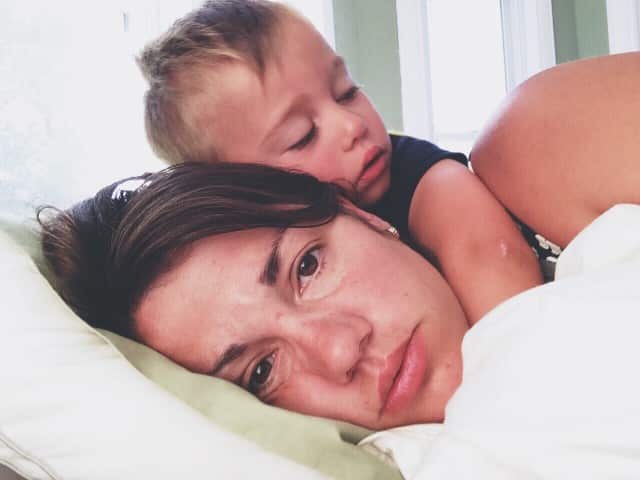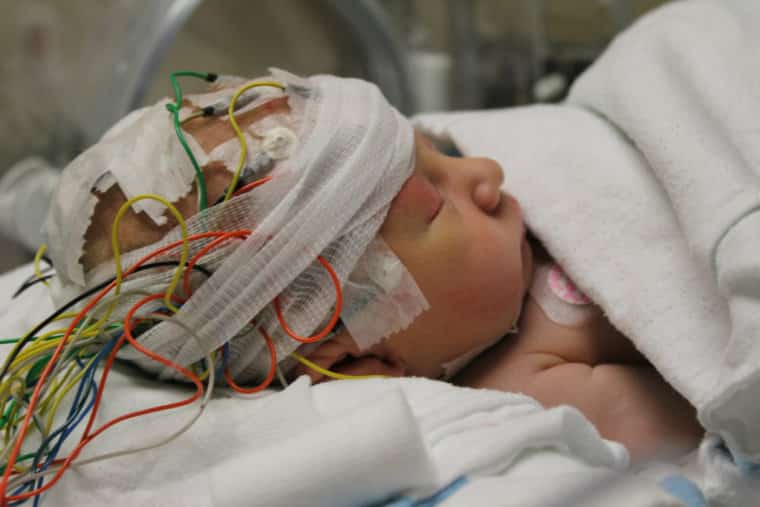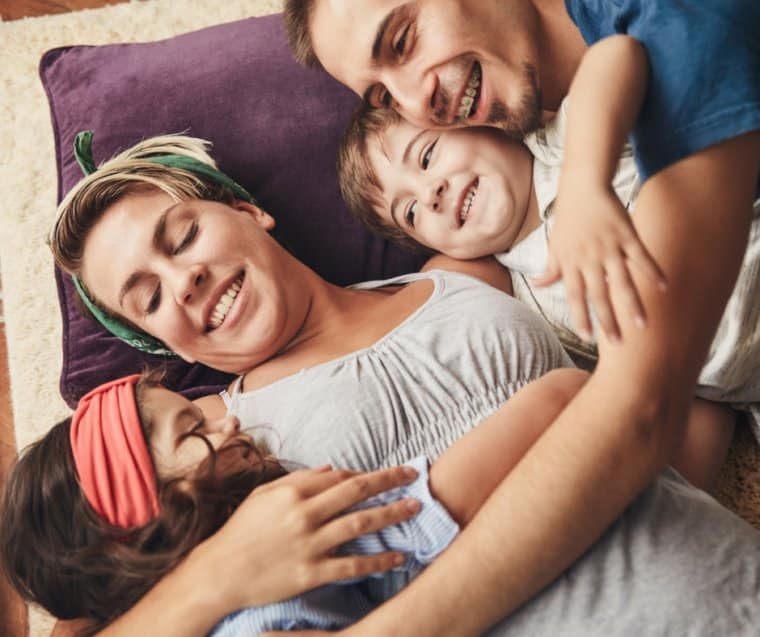![]()
How do I control my angry child?
Why won't my baby sleep?
What should I do about toddler tantrums?
How do I build a strong bond with my tween?
 Parenting doesn't come with a manual, it takes a village. But today, most of us are raising children in isolation.
Parenting doesn't come with a manual, it takes a village. But today, most of us are raising children in isolation.
Parenting today can feel very lonely.
Sometimes, it feels like a losing battle. We feel very real failure when things are not going well.
“I have had intense problems with my 4-year-old son and hitting, to the point that I get anxious with any social interactions. One day we were at a bank and he let go of my hand, ran across the room and went right up to a baby in a pram and scratched her in the eyes. The parents screamed at me and I felt awful. I didn't want to leave the house with my son,” one mom told us recently.
Another said, “I'm really desperate for help. My kids are out of control. I feel really low and that I'm a rubbish parent. I don't know where to turn, and i'm in tears writing this. Today your advert has popped up a fair few times on my page, however I can't afford the full fee. But then I saw your comment regarding scholarships and it gave me hope.”
So many of us feel close to the brink. So many of us feel alone, despite the fact that most of us face parenting issues like these. Scouring the internet is about as close as most of us get to addressing our parenting issues.
Hand in Hand has helped thousands of families across the world in situations just like this. Our free resources, our book, and our program of Certified-Instructor Classes provide an intensive and thorough support system, helping parents meet the multiple challenges that face them daily.
Give to Hand in Hand Parenting today
Five connection tools enable parents to work through their own struggles, insecurities and triggers – many born during their own childhoods – and to listen and respond empathetically to their children.
Five Tools, For Children Everywhere
And these tools reach across social, economic and racial divides.
Teachers in schools use tools to connect and bond with troubled children.
Therapists reach children that have experienced trauma, including death of loved ones, abuse, and rejection.
Caregivers support families in hospitals and medical care facilities.
We provide scholarships for families who aren't in a position to pay full fees and Hand in Hand is a non-profit with 40 years experienced funding programs in vulnerable communities.
Instructors like Kirsten Nottleson have worked in prisons and drug rehab centres, where she has seen inmates learn to embrace eachother, and addicted parents bond with their children. Emmy Rainwalker saw similar transformations in her work in homeless shelters. Megha Mawandia, Hand in Hand's first certified instructor living in India, is bringing the tools to parents in slums. You can read stories about their experiences in each of the links.
In these communities, poverty can be extreme, life is a constant daily battle to survive, and violence is rife. Despite this, like everywhere else, one thing remains true for these parents: They want a good life for their child, and they will do their very best to get it.
They want to stop yelling and start listening. They want to hug and caress their children. They want to know what to do when their child breaks down into tears.
As Megha says, “They always tell me, they want a better life for their children than they have.”
Keeping Connection
Because our instructors see the power that connection tools bring, they want to continue and grow this good work.
 Laura Minnegerode wants to work with low-income families that have experienced the trauma and isolation of premature or complicated births and time in the NICU.
Laura Minnegerode wants to work with low-income families that have experienced the trauma and isolation of premature or complicated births and time in the NICU.
Miranda Fairhall wants to work with next-of-kin parents or appointed guardians. “These carers receive little or no training yet take on the parenting role – sometimes out of obligation rather than choice – and often the children have experienced neglect and abuse,” she says.
Isabela Budusan wants to work with parents in remote villages in Romania. “They use violence as a primary method to discipline children, but they would be willing to change that if someone would offer free classes.”
Hand in Hand supports many programs like this, and, thanks to our generous donors we will be able to offer more free programs in communities with parents and children that need it most. Please consider helping us stop the cycles of parenting isolation.
Research proves that a solid parent-child connection builds children’s social, emotional and cognitive functioning. Hand in Hand Parenting is one of those few programs around the country, and in the world, that focuses solely on that connection.
Here's how connection looks from one 7-year-old's point of view, given when her mom was listening to her younger sister’s upset:  “People have feelings. Don’t worry. My mom always holds her when she has feelings.”
“People have feelings. Don’t worry. My mom always holds her when she has feelings.”
One parent, at the end of a 6-week class told Hand in Hand founder Patty Wipfler, “When I started this class, I had three children. Now, I have a family.”
Help Hand in Hand fund more programs that help parents feel heard and bring families together.
Who are Hand in Hand Parenting?
Hand in Hand is a non-profit organization with 30-years experience bringing five connecting listening tools to parents, teachers, therapists, and other caregivers. We offer scholarships and funding to groups and individuals that would benefit from the tools but who are not otherwise financially able to do so.
Check our course calendar today, and learn more about how you can donate here.
To give, go to https://www.handinhandparenting.org/Donate